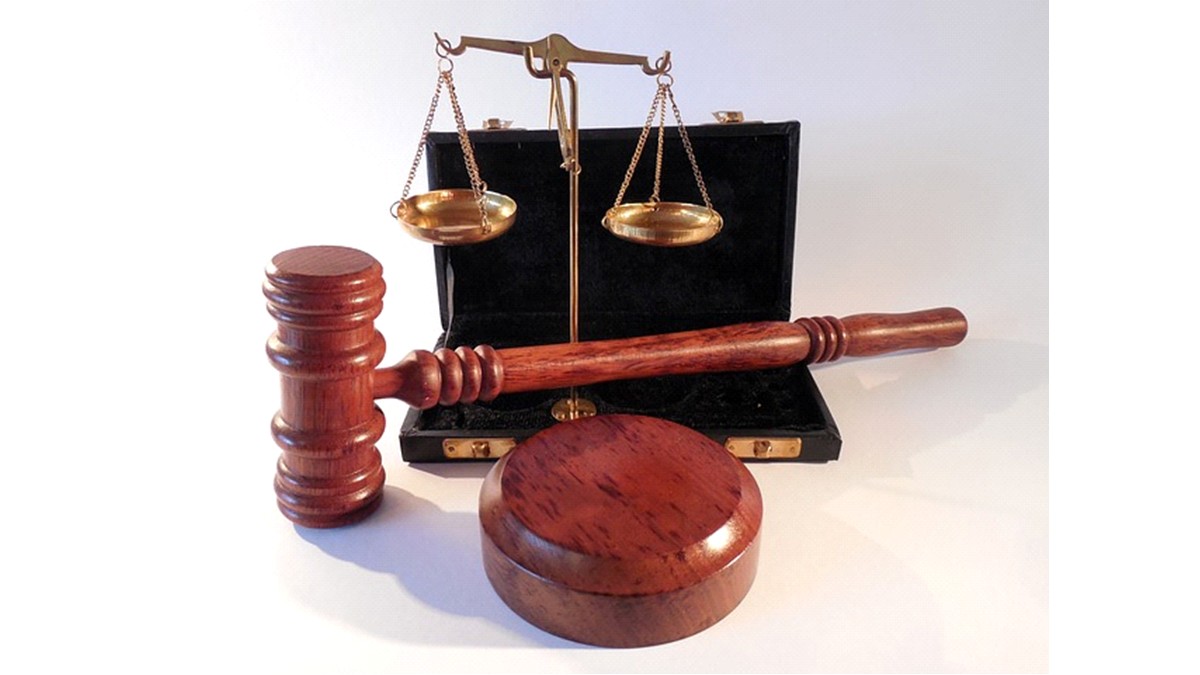Book
The Horrors of Biasedness in the Legal System: The Victim Pays the Price

In the ideal world, justice is often envisioned as a blindfolded, impartial, and fair figure holding scales that weigh the evidence without prejudice. However, as we navigate the complexities of the legal system, a stark reality emerges—justice isn’t always blind, and the scales are not always balanced.
This blog delves into the complex web of power dynamics that tilt the scales of justice, leaving the vulnerable at a disadvantage.
The Influence of Wealth
At the heart of the issue lies the undeniable influence of wealth on the legal system. Affluent individuals can afford top-tier legal representation, access to resources, and the means to navigate the complicated legal landscape. This financial advantage often translates into a significant disparity in outcomes, leaving those without substantial means at a distinct disadvantage.
Legal Expertise
The adage “knowledge is power” rings especially true within the legal realm. The powerful often have the means to secure seasoned experts who specialize in exploiting legal nuances and navigating the system. On the contrary, individuals with limited resources may rely on overworked public defenders, leading to a significant gap in legal representation.
Influence Over Legislation
The powerful not only leverage their resources within courtrooms but also wield influence in shaping legislation. Lobbying efforts and political connections allow those in positions of power to mold laws that may serve their interests. As a result, laws and regulations may disproportionately favor the powerful, creating a systemic imbalance that permeates the justice system.
Privilege and Bias
Beyond financial disparities, societal privilege and ingrained biases can also tip the scales of justice. Marginalized communities may face systemic prejudices that affect their treatment within the legal system. Whether it’s racial, gender, or socioeconomic bias, these factors can contribute to a fundamentally unequal pursuit of justice. As we reflect on the complex dynamics within the legal system, it becomes evident that justice, far from being blind, is often influenced by the weight of power.
Instead of being level, the scales are tilted in favor of those who can tip them. Addressing this imbalance requires a concerted effort to reform legal practices and societal structures perpetuating these disparities. Only through a commitment to equality and justice can we hope to recalibrate the scales and pave the way for a truly impartial legal system.
In ‘Court Vs. Pro-se,’ Carmelo Pinnavaria emphasizes the striking lack of empathy within the legal system, illustrating how those without legal representation undergo dehumanization and a degrading process. The author underscores the imperative to recognize individuals within any profession beyond the constraints of legality.
-

 Sports4 weeks ago
Sports4 weeks agoFIFA Club World Cup 2025: Complete List of Qualified Teams and Groups
-

 Sports3 weeks ago
Sports3 weeks agoAl Ahly vs Inter Miami, 2025 FIFA Club World Cup – Preview, Prediction, Predicted Lineups and How to Watch
-
Health1 week ago
Back to Roots: Ayurveda Offers Natural Cure for Common Hair Woes
-

 Tech2 weeks ago
Tech2 weeks agoFrom Soil to Silicon: The Rise of Agriculture AI and Drone Innovations in 2025
-

 Sports3 weeks ago
Sports3 weeks agoFIVB Men’s Volleyball Nations League 2025: Full Schedule, Fixtures, Format, Teams, Pools and How to Watch
-

 Science4 weeks ago
Science4 weeks agoEverything You Need to Know about Skywatching in June 2025: Full Moon, New Moon, Arietid Meteors, and Planetary Marvels
-

 Startup3 weeks ago
Startup3 weeks agoHow Instagram Is Driving Global Social Media Marketing Trends
-

 Television4 weeks ago
Television4 weeks agoTribeca Festival 2025: Date, Time, Lineups, Performances, Tickets and How to Watch















